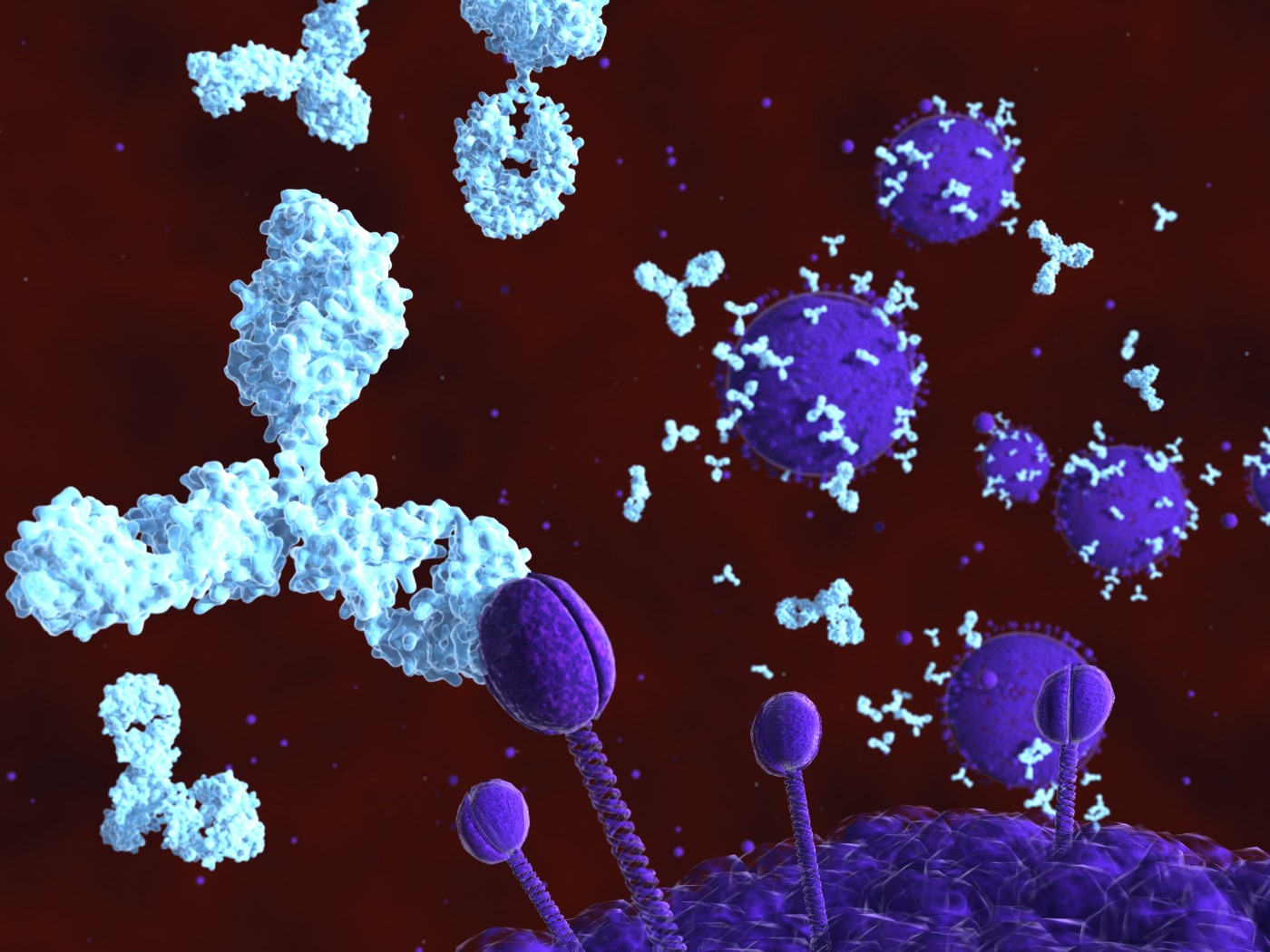MS Researchers Create a Nanoparticle Drug Able to Stop Inflammation and Autoimmune Attacks in Mice
Written by |

Researchers, working on an animal model and human cells, discovered a mechanism to halt autoimmune disease damage and developed of a novel class of drugs that triggers the mechanism, and which has the potential to treat autoimmune diseases like multiple sclerosis (MS) without impairing the normal and necessary activities of the immune system.
Their study, led by Dr. Pere Santamaria, a professor in the Department of Microbiology, Immunology and Infectious Diseases at the University of Calgary Cumming School of Medicine, was recently published in the journal Nature and titled “Expanding antigen-specific regulatory networks to treat autoimmunity.”
In autoimmune diseases such as MS, type 1 diabetes, and rheumatoid arthritis, the body’s white blood cells, responsible for fighting invading bacteria, viruses and other insults, attack the host’s own tissues and organs, leading to exacerbated inflammation and cell destruction.
Researchers found that nanoparticles coated with disease-relevant proteins, which are often the target of the destructive immune cells, can act as “bait” for the self-reactive cells and reprogram them, preventing the onset of autoimmunity and disease.
The team showed that these coated nanoparticles, or nanomedicines, exploit a naturally occurring mechanism and can potentially target all types of autoimmune diseases by changing the protein “bait” on the surface of the nanoparticles. This new class of drugs goes against the strategy used by most current medicines, which make no distinction between normal white blood cells and abnormal ones. Importantly, the study confirmed the mechanism in animals transplanted with human white blood cells, showing a similar response to the one obtained earlier with mice cells.
“Imagine if you wanted to stop a war. You would probably want to take out the entire army, which is what current drugs try to do. Rather than taking soldiers out, our drugs trick a single soldier into becoming the ‘traitor’ that takes out the army General,” Dr. Santamaria said in a press release. “Without the General, the army ceases to operate and the war ends.”
This promising new class of drugs, called Navacims, is currently being developed as a potential treatment for human autoimmune diseases by the biotech company Parvus Therapeutics, which was founded by Dr. Santamaria in partnership with Innovate Calgary.


